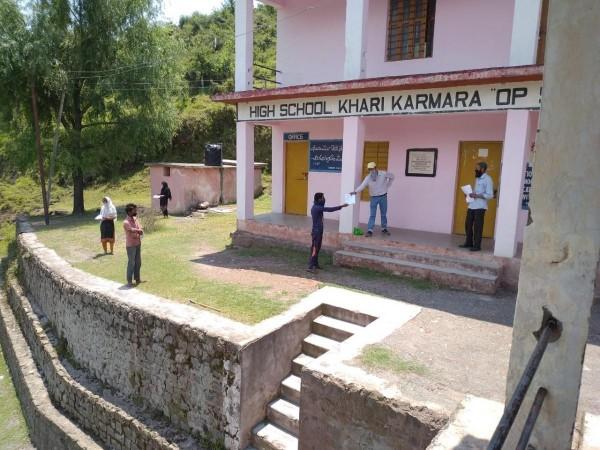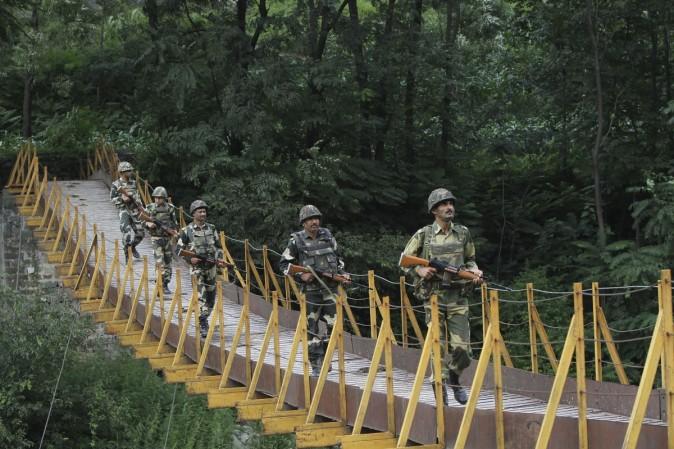Kewal Krishan, a teacher posted in a government school, situated on the Indo-Pak International Border in Jammu and Kashmir's Samba district. tried his best to establish contact with his students, for the online class, but to no avail.
Students, on their end, have also made repeated attempts to join the class but failed due to poor mobile network in their area. Given the poor mobile internet network, each morning is an uphill task for the students and teachers in border areas.
After closing school due to a spike in positive cases during the second wave of Coronavirus, authorities have announced to start online classes to reach out to the students. But the much-publicized exercise proved futile for students living in border areas.

Poor network in villages situated on IB, LoC
Although mobile towers have been erected in villages, the network is very weak in most of the villages situated on the IB and LoC. Attending online classes is rather impossible in these villages.
"What to say of border villages, loading or downloading presentations is difficult even in Arnia town of Jammu district," a teacher, who has been deputed in the e-learning process, told The International Business Times.

Over 1000 schools functioning in border areas
As per official data, over 1,000 schools including some higher secondary schools are functioning near LoC and IB in J&K. In these areas the mobile network is very weak so students can not download lecturers uploaded by their teachers.
All educational institutions across J&K were closed in the month of April this year after a spike in positive cases. As per new guidelines issued by the government, all schools shall remain closed till 15.06.2021.
Summer vacations announced
On Monday, the J&K government announced vacations for schools that fall in the summer zones of Jammu province. Authorities have directed that teachers should ensure online access of students through social media platforms once a week.
The schools have also been instructed to conduct weekly programmes/ assignments throughout the vacation period besides engaging children in cultural activities. Schools will have to ensure that all the teachers are available for any query/doubt to students through voice calls, text, or WhatsApp message during this period.

















